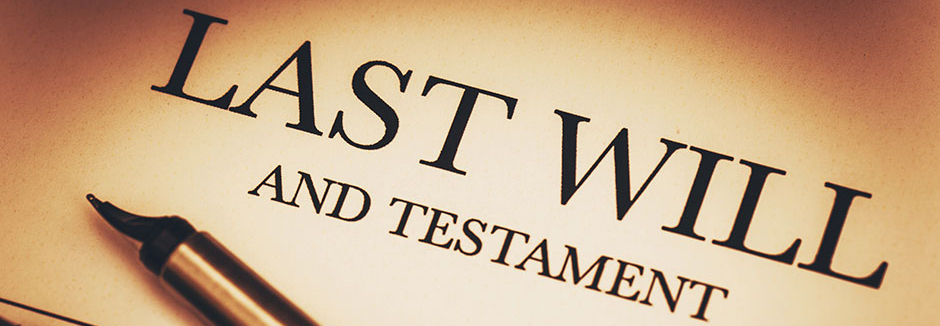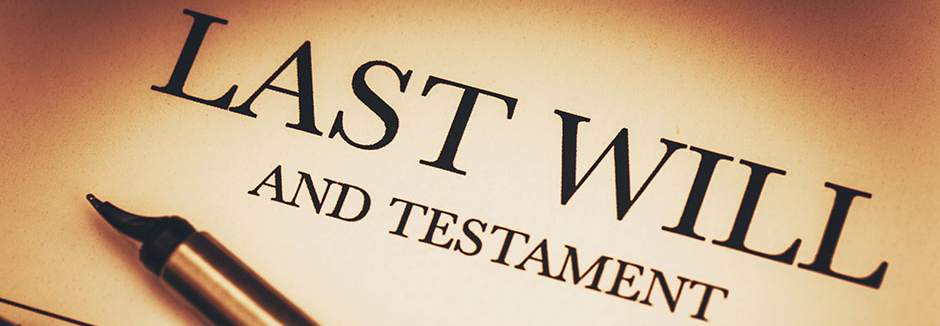
May

The importance of making a will.
A will is a written document that speaks for you after you die. It can communicate how you want your property and assets to be distributed; name a guardian for your children if you pass away before they reach adulthood; and leave specific instructions like arrangements for your funeral.
Ask anyone if they have made their will, and the answer you will probably get is ‘I don’t need it right now’. It is estimated that 80% of Indians do not have their wills made. Many reasons contribute to this inaction. Some of the most popular ones include:
• I don’t have a lawyer… making a will is too much bother.
• I’ve told my spouse and children of my intentions, that’ll do.
• It’s too soon to think about it.
We’ve all come across or heard of instances of the mess that families deal with after the passing of a member who hasn’t left a will. The truth is that the benefits of having a will are many.
- A will makes it much easier for your family or friends to sort everything out when you die – without a will the process can be more time consuming and stressful.
- If you don’t write a will, everything you own will be shared out in a standard way defined by the law – which isn’t always the way you might want.
- A will can help reduce the amount of Inheritance Tax that might be payable on the value of the property and money you leave behind.
- Writing a will is especially important if you have children or other family who depend on you financially, or if you want to leave something to people outside your immediate family.
How to make a will?
Making a will doesn’t have to be difficult or expensive. There are three common ways to create one:
1) Write your own. A will is legal if it’s written and signed in your own handwriting. It doesn’t have to be signed by witnesses. However, problems can occur if it’s not clearly understood. Also, if you’re not familiar with the law and include instructions that are contrary to what the law permits, your wishes may not be carried out.
2) Have it written by a paralegal. This is a cost-effective option, provided the contents are straightforward.
3) Have it written by a lawyer. This is usually the safest route, particularly if you have considerable assets. A lawyer is qualified to write wills that clearly state your wishes, so there are no misunderstandings.
Once you have a will, keep it somewhere safe. You can store it at home with other important documents, ideally in a fireproof box, but make sure your executor knows where to find it. If you had a lawyer draw it up for you, they will also keep a copy with their records.
As life changes, it is also best to revisit your will periodically or upon certain major life events to ensure that your will still reflects your desires.
Resources: Money Advisors Services, UK, Economic Times, Co-operators, The Balance.

